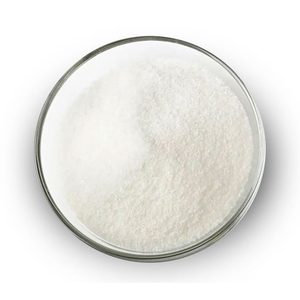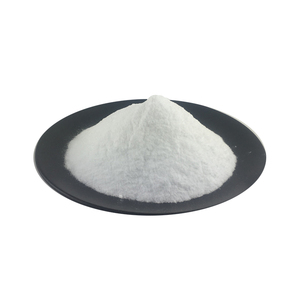Understanding Adding Fuel Additives
Adding fuel additives is an essential practice for enhancing the performance and longevity of your vehicle. These chemical compounds are designed to be mixed with gasoline or diesel fuel, providing myriad benefits that optimize engine performance, improve fuel efficiency, and reduce harmful emissions. In this section, we delve into the various types of fuel additives, their applications, and the significant advantages they offer.
Types of Adding Fuel Additives
- Injector Cleaners: These additives restore fuel injector cleanliness, ensuring optimal fuel flow and combustion. They are particularly beneficial for vehicles with high mileage or those experiencing rough idling.
- Fuel Stabilizers: Ideal for vehicles that sit idle for extended periods, fuel stabilizers prevent degradation of fuel and keep it fresh, aiding in easier starts and better overall performance.
- Octane Boosters: Boosting octane levels enhances engine power by allowing for more efficient combustion. Octane boosters are particularly popular among high-performance and racing enthusiasts.
- Cetane Boosters: For diesel engines, cetane boosters improve ignition quality, leading to smoother engine operation and reduced noise.
Function and Feature of Adding Fuel Additives
The function of adding fuel additives goes beyond mere supplementation; it plays a pivotal role in maintaining engine health and performance. Key features of these additives include:
- Improved Combustion: Fuel additives enhance the combustion process, leading to increased horsepower and torque.
- Corrosion Protection: They inhibit corrosion within the fuel system, extending the life span of engine components and maintaining seamless operations.
- Reduced Emissions: Many fuel additives reduce harmful emissions, contributing to environmental protection and compliance with local regulations.
- Better Fuel Economy: By ensuring efficient fuel burn, these additives result in improved miles per gallon (MPG), saving you money in the long run.
How to Use Adding Fuel Additives Effectively
Maximizing the benefits of adding fuel additives requires proper application. Here are some essential tips for effective use:
- Select the Right Additive: Understand your vehicle's specific needs and choose an appropriate additive that addresses those requirements.
- Follow Manufacturer Instructions: Always adhere to the recommended dosage provided by the product manufacturer to avoid negative effects.
- Mix Before Filling: For optimal results, pour the additive into your fuel tank before refueling, allowing it to mix thoroughly with the new fuel.
- Regular Maintenance Schedule: Incorporate the use of fuel additives into your regular vehicle maintenance routine for consistent performance improvements.
The Advantages of Adding Fuel Additives
Integrating fuel additives into your routine presents multiple advantages that distinctly elevate vehicle performance and reliability:
- Enhanced Performance: With improved combustion and cleaner fuel systems, vehicles operate smoothly, providing a responsive driving experience.
- Cost-Effective: While there’s an initial investment in fuel additives, the savings on fuel economy and reduced maintenance costs offer excellent long-term value.
- Environmental Benefits: Lower emissions contribute to cleaner air and reduced environmental impact, which is increasingly important for eco-conscious consumers.
- Prolongs Engine Life: By keeping critical engine components clean and functioning optimally, fuel additives can significantly extend the lifespan of your engine.






















